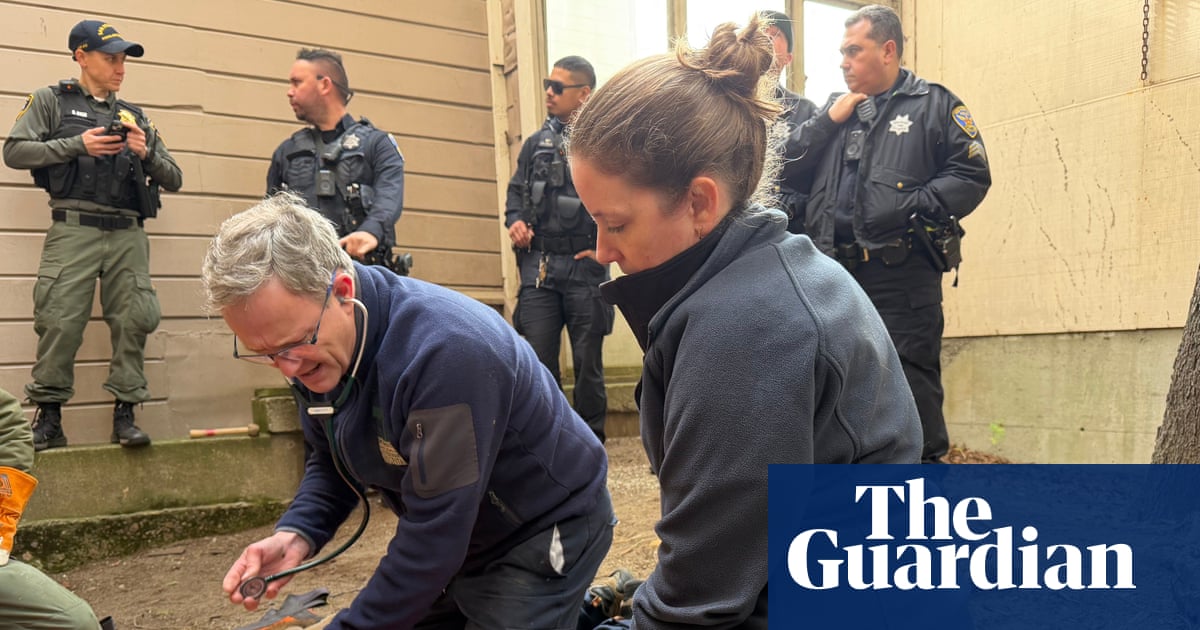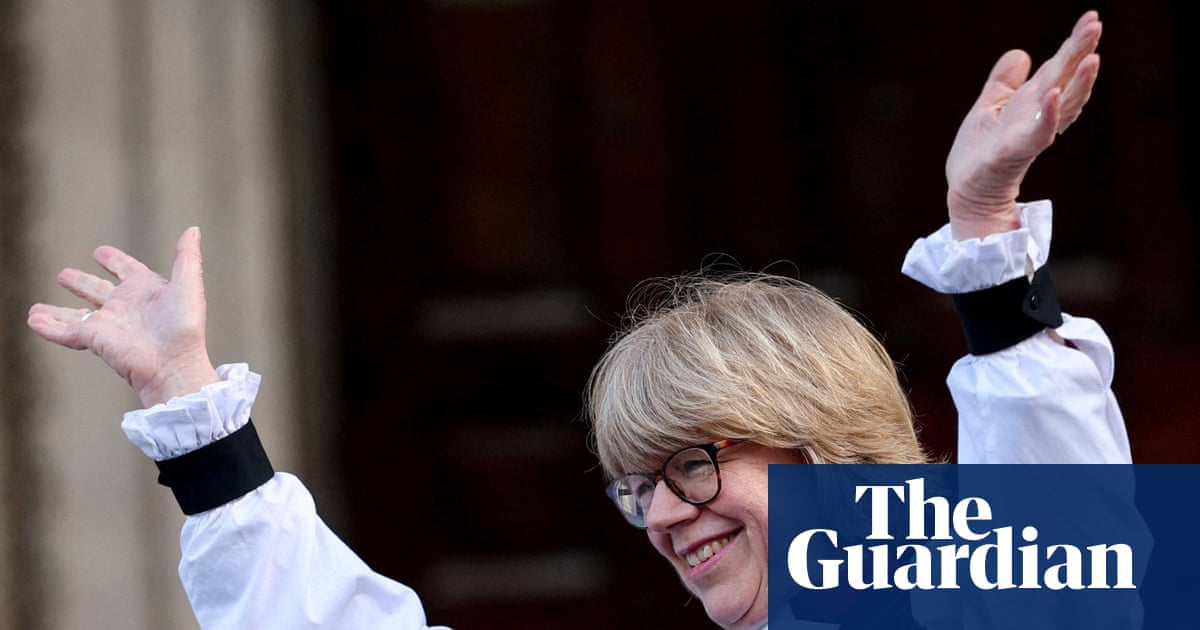Senior Labour figures including Wes Streeting have said the government must project optimism and delivery after losing a Welsh Senedd byelection amid rising concern about midterm fatigue and a loss of momentum.
The health secretary warned that the party must counter a “growing sense of despair” and show voters tangible proof of change after its defeat last week in Caerphilly, a town that had been Labour for more than 100 years.
Streeting’s intervention comes as Labour’s new deputy leader, Lucy Powell, begins her first week in the role. Powell has promised to give members a stronger voice inside government after a low-turnout contest that followed the departure of Angela Rayner.
Powell said the government must listen to its members instead of being guided by a “narrow group of voices” as it battles to stave off electoral disaster in next May’s local elections.
Powell defeated the education secretary, Bridget Phillipson, in the deputy leadership contest, which concluded on Saturday. She said she had been given “a clear mandate that members want their voice to be heard at the top of the party”.
The Manchester Central MP won 54% of the vote, polling 87,407 votes, while Phillipson received 73,536. Turnout was just 16.6%, which some Labour insiders say points to widespread disillusionment within the party.
While Powell’s allies have repeatedly said she intends to focus on connecting the party’s grassroots to its delivery agenda, several MPs have questioned how much authority she can hold in practice.
Party insiders say Powell’s job should be to “complement the leader, not compete with him, but still be a voice for members and the wider movement”, a plan that echoes Alan Johnson’s recent remarks that the deputy must balance loyalty with authenticity.
In Caerphilly, Labour finished third behind Plaid Cymru and Reform, receiving just 11% of the vote in seat it had held since the creation of the Welsh Senedd in 1999.
Streeting said on Sunday that the result should be treated like the 2021 Hartlepool byelection, urging colleagues to “take the result on the chin and take it to heart” while demonstrating the same urgency in office as Keir Starmer had displayed when rebuilding Labour in opposition.
“The worst thing you can do after a result like this is pretend the voters were sending a different message,” he told the BBC. “We’ve got to tell a more compelling story about who we are, who we’re for and what it is we’re driving to do.”
Streeting said that while the government had achieved some successes on NHS waiting times, childcare and falling interest rates, “people are not yet feeling the change”.
He said Labour had to “rebuild trust in politics” by showing the same “pace and scale of ambition that meant we were able to win a general election that no one thought we could win”.
Several Labour MPs privately described Streeting’s language as “pointed”, saying it reflected the first public signs of anxiety about Starmer’s political direction. One said: “It’s loyalty with a warning label – Wes is saying get a grip.”
Other Labour figures privately echoed his warning, describing the Caerphilly result as a signal that the party’s coalition of voters was beginning to fray. “There’s a danger in learning the wrong lessons,” one said. “We need to speak better to our values with positive, progressive messaging that plays up the good things we’re doing.”
A Labour source noted: “The rightward part of our voter coalition can’t be squeezed either – we have to do more on cost of living and reassure people on borders.”
Another senior figure said Labour’s challenge was not ideological but almost emotional. “We’ve stopped sounding like a party that means change,” they said. “We can’t look tired this early, people need to feel hope again.”
The comments reflect growing unease about the pace of delivery just 15 months into power, with ministers aware that economic pressures and rising household costs have dampened public confidence in the party’s promise of renewal. One long-serving MP said: “Caerphilly’s not a crisis … yet. But if we shrug it off, it will be.”
Powell, who was sacked as Commons leader by Starmer in September, said she would get to work straight away to shore up Labour’s support before local elections next May. She said the party needed to be clearer about its successes in office.
She said: “I’m not writing off any elections next year. These are important elections in Wales, in Scotland, in London and right around the country.”
Powell said party members had not felt as included and connected as they should have in recent months and that she was aiming to change that.
“I’m going to really help to do that, to re-engage with the party and make them feel part of the conversation again. I’ll do that through working with Keir, working with government, working right across the party in the leadership roles that I will have.”

 3 months ago
47
3 months ago
47

















































